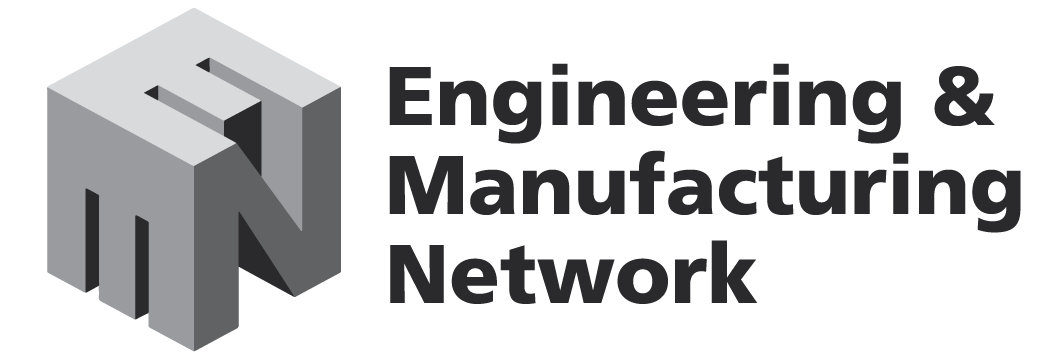Paul Shields, Partner and Head of the Newcastle office at Johnston Carmichael, provides a summary of the key points from the recent UK Autumn Budget. With Paul’s expertise and understanding of the challenges our industry faces, his insights offer a valuable perspective on how recent Budget changes may affect your business operations and future planning.
This year’s Budget includes several important updates that are likely to impact engineering and manufacturing firms in our region. Paul has outlined some of the big-ticket changes around employer costs, capital investments, and tax adjustments, zeroing in on what they mean for firms across the North East.
Overall, this Budget brings challenges for the engineering and manufacturing sector. Rising employer NICs are set to push wage costs higher, making it harder for companies to grow their teams or offer competitive salaries. Increased CGT and changes to IHT add financial pressure for business owners looking toward retirement or succession. While some new funding aims to support the sector, its reach will likely be limited, and the benefits may only be felt over the long term.
- Employers’ National Insurance Contributions (NICs): With a bump in employer NICs from 13.8% to 15%, staffing costs are set to rise. This is a big hit for businesses already balancing tight margins and could affect plans for hiring, wage increases, and growth. For North East firms, cost control is essential, so this added expense may slow expansion.
- National Living Wage (NLW): The NLW increase further raises the wage bill, which may pressure manufacturers reliant on entry-level roles, impacting their hiring capacity and wage structures across the board.
- Corporation Tax (CT) freeze: CT remains frozen at 25%, providing some stability to businesses.
- Fuel Duty: The freeze on the 5p cut in fuel duty provides some welcome relief amidst other rising costs, especially for manufacturers who depend on logistics and distribution networks.
- Capital Gains Tax (CGT) and Inheritance Tax (IHT): CGT rises and IHT changes, including pensions, may pose a larger tax burden on business owners, particularly those planning for retirement.
- Capital Allowances: Full expensing for capital investments continues, a positive for businesses looking to invest in growth.
- Electric Vehicle incentives: Incentives for electric company vehicles remain, which may help in long-term cost savings and sustainability goals.
- R&D funding: No changes to R&D tax reliefs this year, with funding allocated across key areas: £975 million in aerospace, £2 billion in automotive, and £520 million in life sciences. This should encourage innovation and productivity gains within the sector.
- Made Smarter Program rollout: The Made Smarter initiative, aimed at boosting digital adoption, will expand to nine English regions, promising future innovation support for the sector.
Having a clear strategy can help North East businesses navigate these changes. Our team at Johnston Carmichael is here to support you with expert guidance on tax planning, investment, and strategic growth.
If you would like to discuss how these changes might impact your business, feel free to contact me. You can also visit Johnston Carmichael’s Budget Hub, where you’ll find helpful videos breaking down the key announcements.
Paul Shields,
Partner and Head of the Newcastle office, Johnston Carmichael Chartered Accountants
